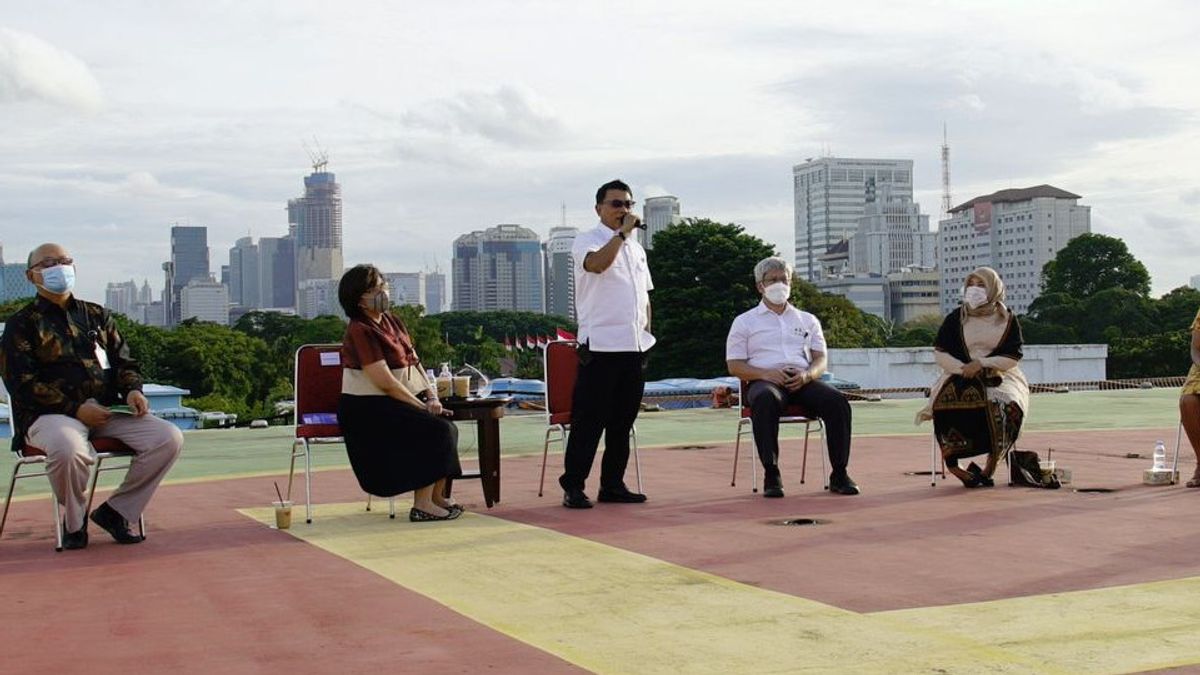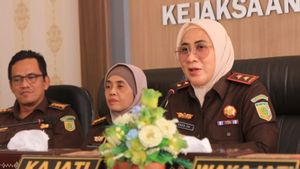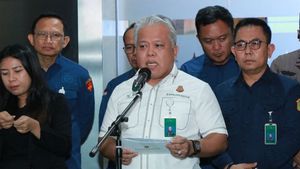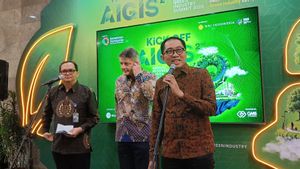JAKARTA - The difficulty of oil palm entrepreneurs and farmers in obtaining the Indonesian Sustainable Palm Oil Certification System (ISPO) has caught the attention of the Presidential Staff Office (KSP). In fact, the KSP has submitted the complaint to President Joko Widodo.
"Moreover, this is related to a large number of workers and farmers. So don't worry, what you face has a solution. The government will provide convenience as a solution”, said Presidential Chief of Staff Moeldoko when opening the National Medal Association Webinar for Indonesia with the Theme of Strengthening Palm Oil Management Policy, from the KSP Situation Room, Wednesday, February 10.
Moeldoko emphasized that oil palm plantations in Indonesia have become one of the earners of foreign exchange earnings and are quite dominant in contributing to non-oil and gas state revenues, which is around 83% of the non-oil and gas trade balance surplus (January-December 2020 period). In this case, the contribution of palm oil exports in 2020 will reach $ 25.60 billion. In addition, the contribution of oil palm in terms of employment reached 16.2 million people.
"This means that this number is very large and this sector is very sensitive because many workers work in this sector", explained Moeldoko.
However, Moeldoko assessed that the palm oil industry is like two sides of a knife. Amid the huge contribution made to the state, the palm oil industry has to deal with the dynamics regarding its impact on the conservation of forest and land biodiversity, including flora and fauna. Therefore, said Moeldoko, the President signed Presidential Decree No. 44/2020 on the ISPO System.
Moeldoko also emphasized that oil palm entrepreneurs and smallholders must understand the seven principles of implementing the ISPO. Among other things, compliance with laws and regulations, implementation of good plantation practices, environmental management, natural resources and biodiversity. In addition, there must also be labor responsibility, social responsibility and community economic empowerment, the application of transparency, and sustainable business improvement.
"Of the seven principles, three things need to be strengthened, namely the management of environmental aspects, natural resources and biodiversity, manpower management and responsibility, and social responsibility and community economic empowerment", said Moeldoko.
Based on the mandate of the Presidential Regulation, Moeldoko asked oil palm entrepreneurs and smallholders to focus on the President's attention to the sustainability of oil palm plantations. "So the Presidential Decree must be understood as a means of controlling the President on the issue of oil palm and at the same time as a way of protecting the environment and smallholders", said Moeldoko.
Chairman of the DPP Indonesian Palm Oil Farmers Association (Apkasindo) Gulat M.E Manurung explained that his party had strengthened the institution and held an ISPO course to help farmers understand this problem. Apart from that, Gulat also emphasized that oil palm farmers have also started to improve environmental aspects and support government programs. "However, we hope that we can also be involved in conveying inputs so that the Government program can run well", said Gulat.
The English, Chinese, Japanese, Arabic, and French versions are automatically generated by the AI. So there may still be inaccuracies in translating, please always see Indonesian as our main language. (system supported by DigitalSiber.id)













